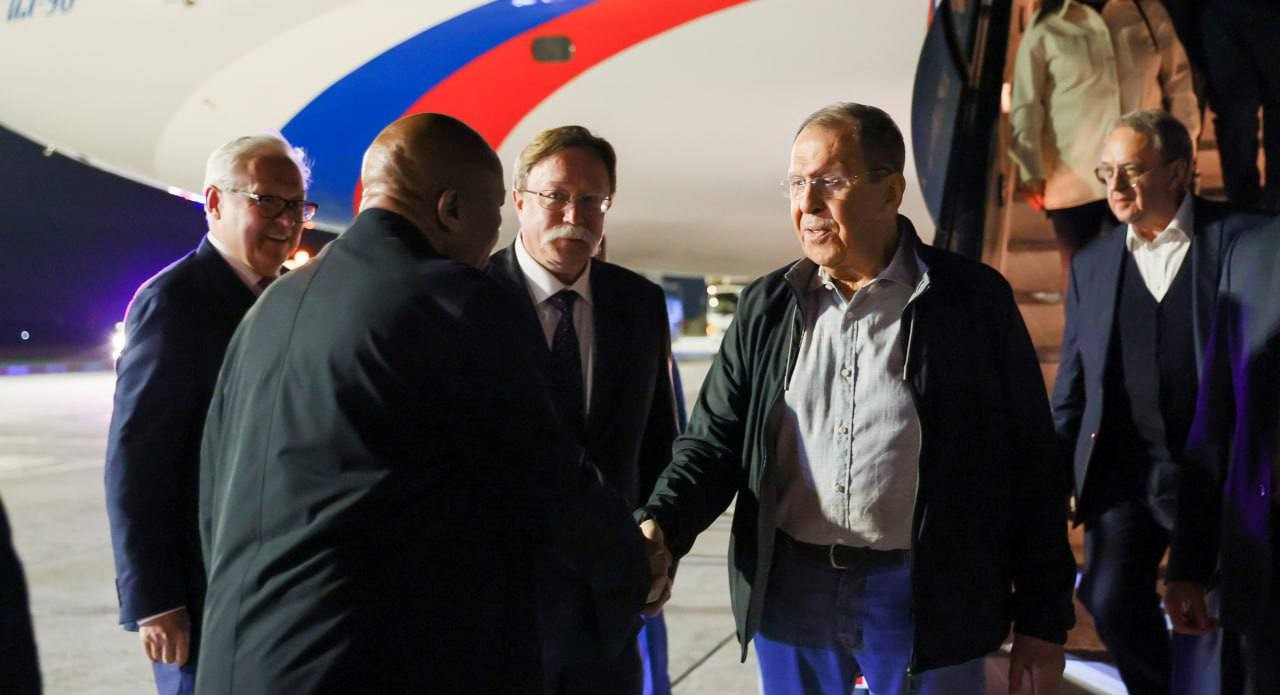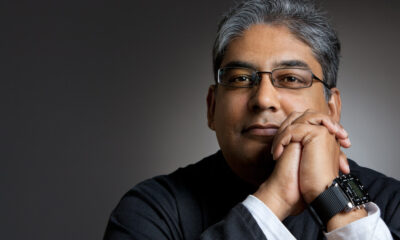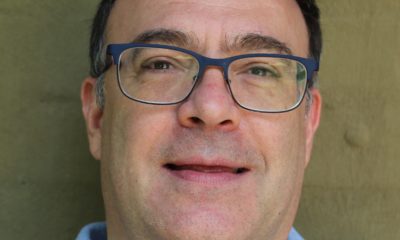
News

SA throws BRICS at terrorism, but impact doubtful
South Africa, along with its BRICS (Brazil, Russia, India, China, and South Africa) counterparts, has made a commitment to combat terrorism, but experts are unconvinced this could shield the South African Jewish community from possible terror attacks or that it could lead South Africa to condemn Palestinian terrorism.
The BRICS statement comes just two weeks after PAGAD (People against Gangsterism and Drugs) said it was sending a “clear warning” to the South African Jewish community, that it “offer[s] our full support in decentralising the struggle against satanic Zionist ‘Israel’”, and that it supports its “soldiers on the ground”. PAGAD has been implicated in episodes of urban terrorism in Cape Town since 1998, including the Planet Hollywood bombing that year, although PAGAD denied any involvement in that event.
It also comes two months after the South African Jewish Board of Deputies expressed “hurt and dismay” over the “deafening silence” by the department of international relations and cooperation in response to the “heinous murder of Jews” following a spate of terror attacks in Israel.
At its meeting in Cape Town on 1 June, BRICS ministers of foreign affairs and international relations expressed “strong condemnation of terrorism in all its forms and manifestations whenever, wherever, and by whomsoever committed”, according to an official statement released after the meeting.
They recognised “the threat emanating from terrorism, extremism conducive to terrorism, and radicalisation”. The statements said that the BRICS nations were “committed to combating terrorism, including the cross-border movement of terrorists, terrorism financing networks, and safe havens”. And, they reiterated that terrorism “shouldn’t be associated with any religion, nationality, civilisation, or ethnic group”.
The countries stressed the need for a comprehensive approach by the international community to curb terrorist activities effectively. The statement said the ministers “rejected double standards in countering terrorism and extremism conducive to terrorism”. This was said in the context of Russia’s bombings and human rights abuses of Ukrainian citizens, China’s oppression of its Uyghur population and other mostly Muslim ethnic groups, and 18 months of increased terror attacks by Palestinians.
BRICS nations also expressed the need to strengthen mechanisms for countering the use of technology for terrorist purposes, as well as for the financing, planning, and preparation of their activities. They also called for strengthening the system of arms control, disarmament, and non-proliferation.
What does all this mean for the terrorist activities on South Africa’s border in Mozambique, South Africa’s greylisting, condemnation of Palestinian terrorism, and the possibility of the South African Jewish community being targeted by terrorists?
“South Africa clearly chooses her sides quite carefully,” says local political analyst Daniel Silke. “She refrains from overtly criticising certain sides to keep them happy. And she criticises Israel in particular because from a political and ideological point of view, she feels much more comfortable criticising Israel than giants like Russia or China.
“There’s a substantial degree of double standards at play here,” he says. “South Africa will still largely be dictated by her ideological and political wishes than get involved in the politics of terrorism on the ground. That means that South Africa will still largely condemn one side more loudly than another. I don’t think that has changed as a result of this.”
“Although terrorism hasn’t been a huge problem in South Africa to date, we’re vulnerable,” says local political analyst Steven Gruzd. “We have a weak security and intelligence system that has been used in factional battles rather than trying to secure our borders. We should be ever mindful that terrorism could take hold in our country.”
He’s unsure if the BRICS statement will make South Africa take the threat of terrorism more seriously, but says, “It’s interesting that the BRICS partners have seen it as enough of a problem to put it in a joint communique where there’s limited space.
“We don’t want a major incident before the government sits up and takes notice,” Gruzd says. “The Jewish community must be vigilant because it’s a reality. We’ve seen it in many other parts of the world, and it could be making its way here.”
He says there’s “not a chance” that this would lead South Africa to condemn Palestinian terrorism. “Although many consider Hezbollah and Hamas to be terrorist organisations, South Africa sees them as freedom fighters battling an oppressive regime.”
Menzi Ndhlovu, a senior analyst at Signal Risk, says that “the South African government has proven surprisingly adept at managing the domestic-terrorism threat. This is partly due to assistance and capacitation garnered from the geopolitical West, and the fact that transnational terrorism organisations view South Africa as a regional hub. It’s therefore not in their interest to elicit more scrutiny from the South African government.
“This dynamic could change, however, not because of BRICS, but because of South Africa’s direct engagement against Islamic State-aligned groups in the Democratic Republic of the Congo and Mozambique. Aside from South African strategic interests and United States interests, Jewish-linked facilities have been among those typically cited as potential targets by terrorists. Accordingly, the threat level towards the Jewish community will escalate in such a context.”
Sara Gon, the head of strategic engagement at the Institute of Race Relations, says, “One suspects that the BRICS members, specifically Russia and China [and to a lesser extent India], will use [this statement] to justify the oppression of any person or grouping that they say supports, funds, or commits terrorism. Terrorism will be what Russia and China say it is.” Along the same vein, she believes South Africa will never condemn Palestinian terrorism.
“The relevance to South Africa is the terrifying insurgency by Al Shabaab in Mozambique,” she says. “Islamic State claims to be behind it. According to some accounts, it has been extremely brutal. Islamist terror in Africa is a major threat.
“Although the government has had some success in thwarting the activities of Islamist terrorists in South Africa, it’s weak on the issue of halting the flow of funding for terrorism,” says Gon. “It may seek help in that regard. The reasons for the country’s greylisting are that it hasn’t been fully compliant with international standards around the prevention of money laundering, terrorist financing, and proliferation financing.
“Whether South Africa takes terrorism more seriously is doubtful,” says Gon. “I don’t think this will particularly shield the Jewish community from attacks, but the undertaking should indicate a preparedness to investigate the threats the community receives. I’m just not sure it will result in the authorities acting more quickly and successfully. That depends on the capacity of crime fighting agencies locally.”
Willem Els, senior training co-ordinator at the Institute for Security Studies, notes that “[BRICS] is addressing new and current threats that should be read with the fact that South Africa has been greylisted, and it is being pushed for more and stronger action.
“That’s not only for South Africa to get out of the greylisting, but to avoid further financial punishment,” he says. “I think it may just be a positive development that will create a safer and more secure environment for South African citizens.”
“One would certainly hope in an ideal world that this kind of declaration would make South Africa more even-handed, fair, and more willing to critique all sides in conflicts,” says Silke.
“But I think one has to face the reality that the current South African administration is clearly, by virtue of silence, acquiescing to certain of these conflicts while singling out others.
“The proof is in the pudding,” Silke says. “We’ll have to wait and see whether South Africa adopts a more responsible stance on broad global issues. I’m not hopeful though.”








